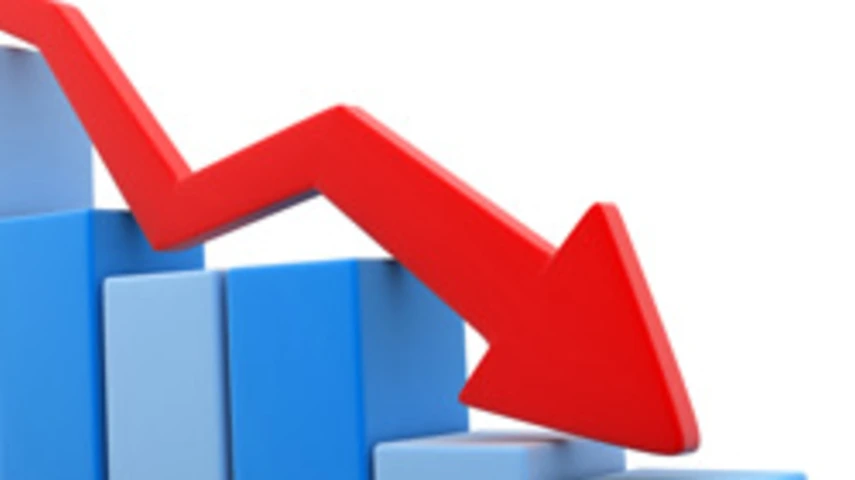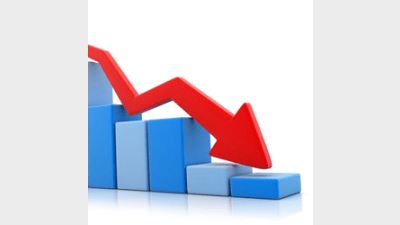Investors remain cautious in September



Institutional investors continue to shy away from risky assets, with the State Street Investor Confidence Index recording a drop in September.
The ICI fell from August's revised reading of 91 to 86.9. A reading of 100 is neutral - it is the level at which institutional investors are neither increasing nor decreasing their exposure to risky assets.
North American investor confidence fell for the third consecutive month, falling from August's reading of 84.3 to 81.1.
Harvard University professor Kenneth Froot, who co-founded the index, said the continued decline in North American confidence was "puzzling", given recent announcements by policymakers on both sides of the Atlantic.
Asian investor confidence was also down, with the Asian ICI dropping 5.6 points to 87.6.
European investors provided the only positive note in September, with their ICI up 4 points from 101 in August to 105 in September.
"It is clear that in their actual portfolios, institutional investors continue to exhibit caution, given the global growth backdrop," Froot said.
Paul O'Connell from State Street Associates, who co-founded the index with Froot, said that despite the largely negative sentiment there was a "pronounced improvement in tone" from the first week of September onwards.
"Nonetheless, the reallocations away from risky assets early in the month were large enough to outweigh the later stabilisation. As with last month, emerging markets continue to attract some positive inflows," he said.
Recommended for you
Dan Farmer, chief investment officer of MLC Asset Management, has detailed how its super fund allocations have evolved and whether the fund will consider investing in bitcoin.
Australia’s superannuation capital has been positioned to play a larger role in south-east Asia’s economic development under a new government-backed deal.
Superannuation funds have become the dominant force behind Australia’s private markets boom, fuelling unprecedented growth and reshaping manager operations.
Reserve Bank governor Michele Bullock has said the central bank sees private demand picking up over the next year, taking over from public demand.










